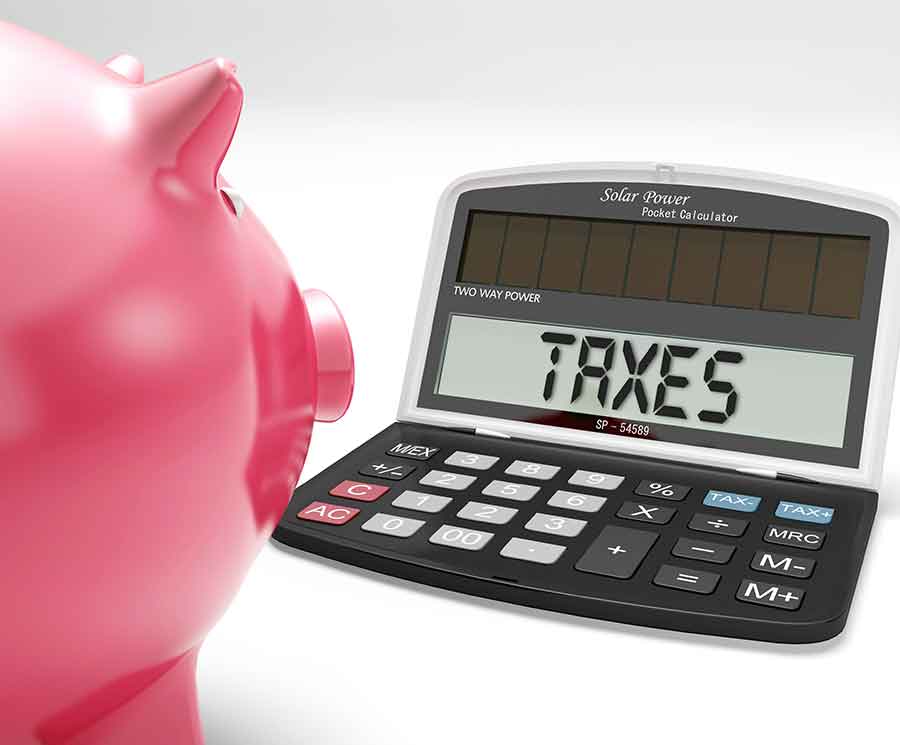If you are thinking of becoming self-employed, it is important to consider the tax impact and to understand the new tax reporting requirements that you will be subject to. When you are an employee, your employer takes care of withholding taxes from your paychecks. However, once you become self-employed, you must calculate and pay your taxes on your own or face penalties and other trouble with the IRS.
Here are some of the most important self-employment tax factors for you to be aware of:
Will You Owe Self-Employment Taxes?
If either of the following circumstances applies to you, regardless of your age or whether you are currently taking Medicare or Social Security, you must report self-employment tax:
- You had net earnings of $400 or more from working for yourself and/or a church.
- You earned income exceeding $108.28 as a church employee.
The term “self-employment tax” refers only to Medicare and Social Security taxes for individuals who are self-employed. It does not include income or other taxes that you may be liable for.
Calculating Your Self-Employment Tax
The good news is that due to the 2010 Tax Relief Act, you will now pay 2% less for 2011 income. For income that you earned as a self-employed individual during the 2011 calendar year, the tax is 2.9% for Medicare and 10.4% for Social Security, for a total of 13.3%. Self-employment income that you earned in 2010 was taxed at 2.9% for Medicare and 12.4% for Social Security. If your tax year is based on a fiscal year instead of a calendar year, use the rates and limits that are in effect at the beginning of your tax year for that entire 12-month period.
At first blush, the amount that you owe as a self-employed individual may appear to be greater than the amount that you paid as a wage earner. This is because your employer paid the other half of your taxes for you. As a self-employed individual, you have to pay all of the taxes, which is why you receive a tax deduction for half of this amount, whereas wage earners do not. It is helpful to consider is that in all likelihood, your employer factored these taxes into the cost of employing you and deducted it from the salary that they might otherwise have paid you; therefore, in the end, it all works out fairly evenly.
Note: Social Security tax rates only apply to the first $106,800 of your combined wages, tips and net earnings. Any income exceeding that level is not factored into the Social Security tax calculation; however, all income is subject to the Medicare tax. These taxes are in addition to the ordinary income tax on your earnings.
Here is a quick worksheet to help you determine your self-employment tax:
- Business profit (revenue less expenses)
- x 92.35%
- = Net Earnings from Self-Employment
If your net earnings are less than $106,800, then multiply net earnings by 13.3% to get your self-employment tax. If your next earnings is more than $106,800, multiply net earnings by 2.9% then add 11,107.20 to get your self-employment tax.
Since half of the self-employment tax is tax deductible, calculating that is not difficult. If the self-employment tax calculation above is $14,204.40 or less, multiply it by 57.51%. If it is more, then multiply it by 50% and add $1,067.
Making Self-Employment Tax Payments
If you are self-employed, you may be required to submit quarterly estimated taxes, which will go toward your overall tax bill for the year. You will then use Schedule SE to calculate your taxes at the end of the year.
For more information, read Publication 505, Tax Withholding and Estimated Tax.
Being self-employed is highly rewarding, but you must certainly make sure that you pay your self-employment taxes in order to avoid trouble with the IRS. To make sure that you are on track, it may be in your best interest to consult a tax professional.



Leave a Reply
You must be logged in to post a comment.